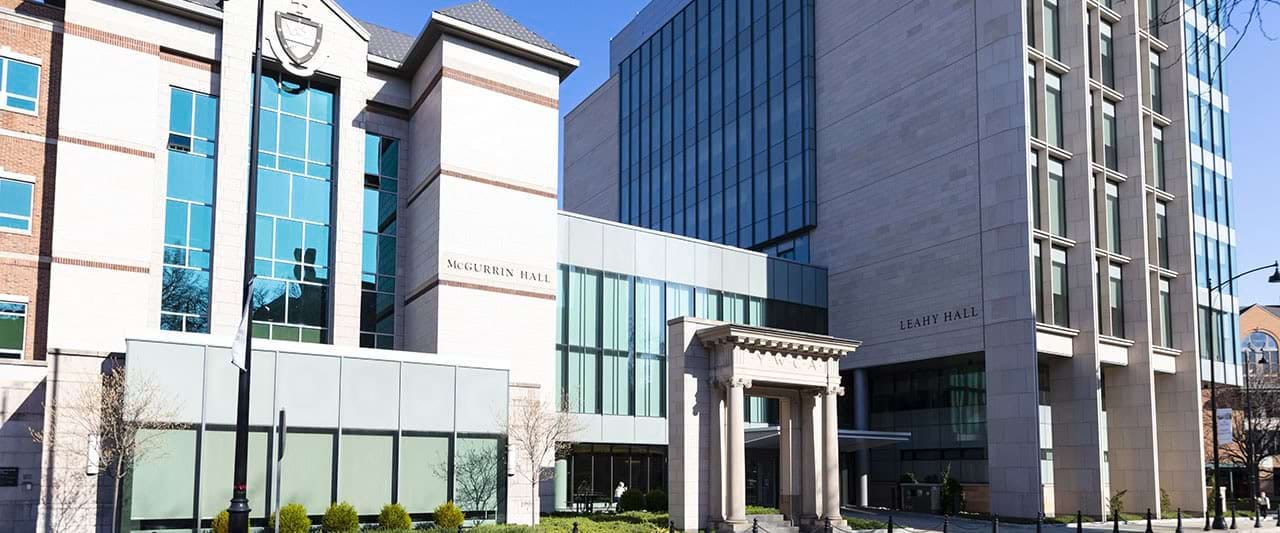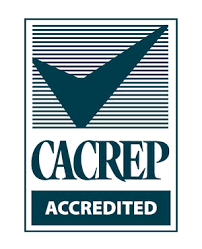Master of Science in Clinical Rehabilitation Counseling
Program Overview
The mission of the Clinical Rehabilitation Counseling Program is to prepare students for careers in a variety of counseling settings, with the primary goal of acquiring and applying the specialized knowledge, skills, attitudes and values needed to work with people with disabilities to achieve their personal, social, psychological, and vocational goals.
What is a Clinical Rehabilitation Counselor?
A clinical rehabilitation counselor is a clinically trained, master’s-level counselor who has specialized training and knowledge to assist all people but can also use their unique lens to assist people with disabilities to reach their goals and to live as independently as they wish. Some people are born with disabilities, and some acquire them during their life.
Client Population
Disability is defined widely and includes individuals with physical disabilities (e.g. spinal cord injuries, sensory disabilities like blindness or deafness), intellectual and developmental disabilities (e.g. Down Syndrome, autism, intellectual impairments), emotional or psychiatric disabilities (e.g. depression, bipolar disorder, anxiety disorders or schizophrenia) and chronic illness (e.g. diabetes, multiple sclerosis, cancer, drug and/or alcohol addiction).
Clinical rehabilitation counselors work with clients from all age groups and a wide range of backgrounds, such as:
- students transitioning in the exit of high school
- veterans with acquired disabilities
- a long time employee who is injured at work
- an individual with autism looking to join the workforce
Why Choose Scranton?
- An environment built for education. Our program is now available fully online, in addition to our respected on-campus/online offering.
- The David W. Hall Counselor Training Center provides the students with state of the art video-capture technology to record counseling sessions to get hands-on supervision.
- All courses are taught by accomplished teachers and scholars currently engaged in research and scholarly work. Our faculty have leadership experience at state and national levels.
- Teaching rooted in Jesuit values like cura personalis (care of the whole person). For more information, please read our "Counseling and Human Services Perspective on Jesuit Education."
-
Our program is nationally ranked by U.S. News & World Report.
Where Can I Work With This Master's Degree?
Clinical rehabilitation counselors work in many different settings. Some of the most common work environments include:
- community rehabilitation services centers
- government facilities (Veterans Administration and Hospitals)
- rehabilitation hospitals
- schools
- state/federal vocational rehabilitation programs
- community mental/behavioral healthcare settings
- higher education disability services
- drug & alcohol treatment centers
- workers compensation insurance companies
- state/federal correctional facilities
- private mental/behavioral health practices
How Can This Degree Help Me As A Professional Counselor?
Clinical rehabilitation counselors are trained as counselors first and are therefore eligible for licensure as a professional counselor. As such, you will be able to perform all jobs related to master’s-level counseling. The benefit of THIS degree is that you will have a knowledge and skill set that will qualify you for a significant number of additional counseling positions.
Since mental and physical health have a reciprocal relationship, many clients in mental/behavioral health settings are also coping with physical, mental, intellectual disabilities, addictions and/or chronic health conditions.
The average starting salary of our recent graduates is $52,000, and research shows that Rehabilitation Counselors make the highest salaries among all counseling professions.









